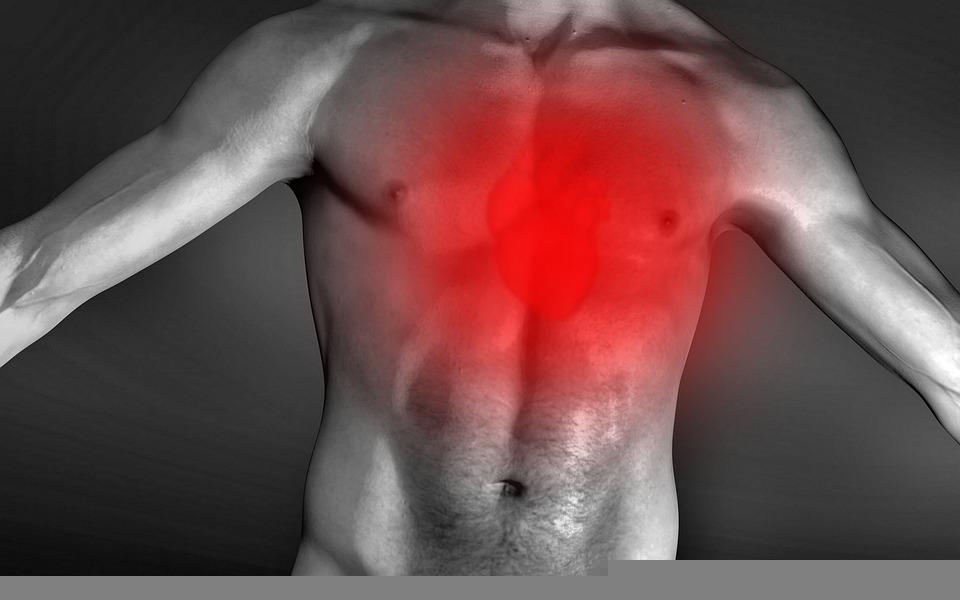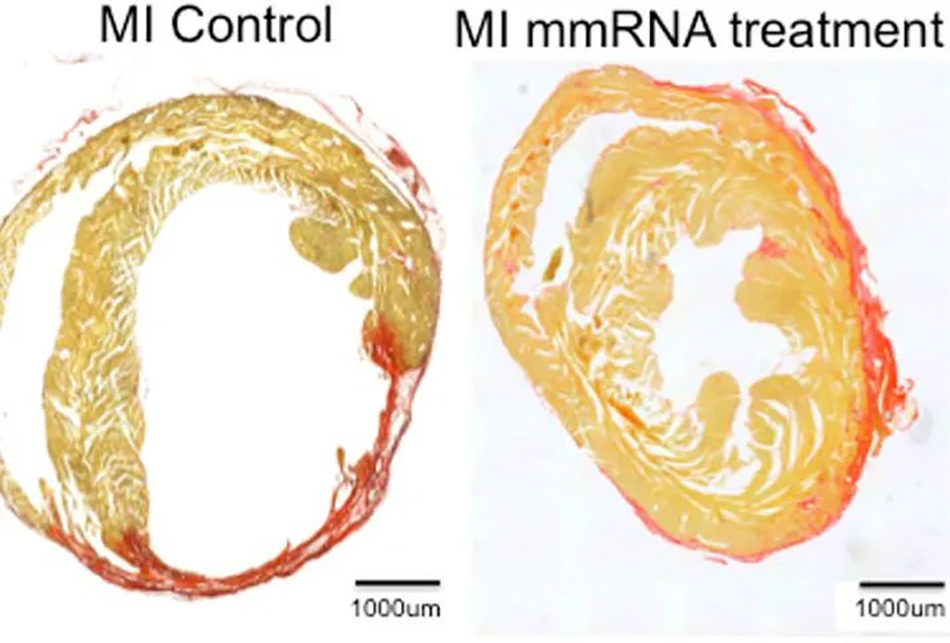Heart Disease Treatment: Synthetic mRNA Can Potentially Repair and Regenerate Heart Cells
University of Houston researchers recently published their research paper on a new technique to treat heart diseases. The researchers developed a pioneering technique that has the potential to restore the cells of the heart muscle after a heart attack. At the same time, the method helps in heart cell replication.
The researchers believe their discovery can develop into a powerful clinical system to treat human heart diseases. So far, they have achieved success using lab mice. The innovative method the study team used delivers mutant transcription factors. There are proteins regulating the conversion of DNA into RNA in the hearts of the test mice they use for testing through a synthetic messenger ribonucleic acid or mRNA.
Prof. Robert Schwartz said that no other research team has been able to do the study to the extent they achieved, which could lead to developing a better treatment for humans with heart problems.
Stem cell growth replication in vitro
According to the researchers, two mutated transcription factors, YAP5SA and Stemin, work together to heighten the reproduction of heart muscle cells (cardiomyocytes) while isolated from the hearts of the lab mice. They used in vitro on tissue culture dishes to conduct their experiments. They were trying to differentiate the heart muscle cells into a state that simulates stem-cell conditions that can revitalize and multiply.
Stemin induces stem-cell-like properties from the heart muscle cells, which plays a crucial role in the study. Research assistant professor of biology and biochemistry, Dinakar Iyer discovered the reaction. On the other hand, the myocytes replicate more through YAP5SA, which helps promote organ growth.
In vivo experiments
The research team also published another finding, where they reported that Stemin and YAP5SA repaired the damaged heart of their lab mice in vivo (within the living). Their report said that the myocyte nuclei reproduced around 15 times within 24 hours after they injected the transcription factors Stemin and YAP5SA. A pharmacology professor, Bradley McConnell, and Emilio Lucero, a graduate student at the University of Houston College of Pharmacy, worked together to produce the adult mice models with infarcted hearts.
According to Professor Schwartz, their new technology results are astonishing because they realized that the cardiac cells multiplied rapidly within the day. They also found that their new method repaired the hearts of the live mice they had been experimenting on for a month. In addition, their pumping function was nearly back to normal, with the hearts having minimal scarring.
Another researcher involved in the project, Ph.D. graduate Siyu Xiao, stated that the benefit of using synthetic mRNA is its quick disappearance compared to viral delivery.
A breakthrough in heart regeneration
The research results are critical because, in real life, less than one percent of the cardiac muscles in adults can regenerate. In most cases, heart muscle cells die after a heart attack, which leads to the loss of the heart’s contracting ability.
Compared to other body tissues, the regeneration ability of the heart cells is limited once there is an injury. Instead of regenerating, the heart forms non-beating scarred tissues, leading to future heart attacks and a higher possibility of heart failure.
Prof. Schwartz said it is still in the animal study stage, and the results may not apply to humans. However, they believe this form of gene therapy has the potential to treat human heart disease soon.

